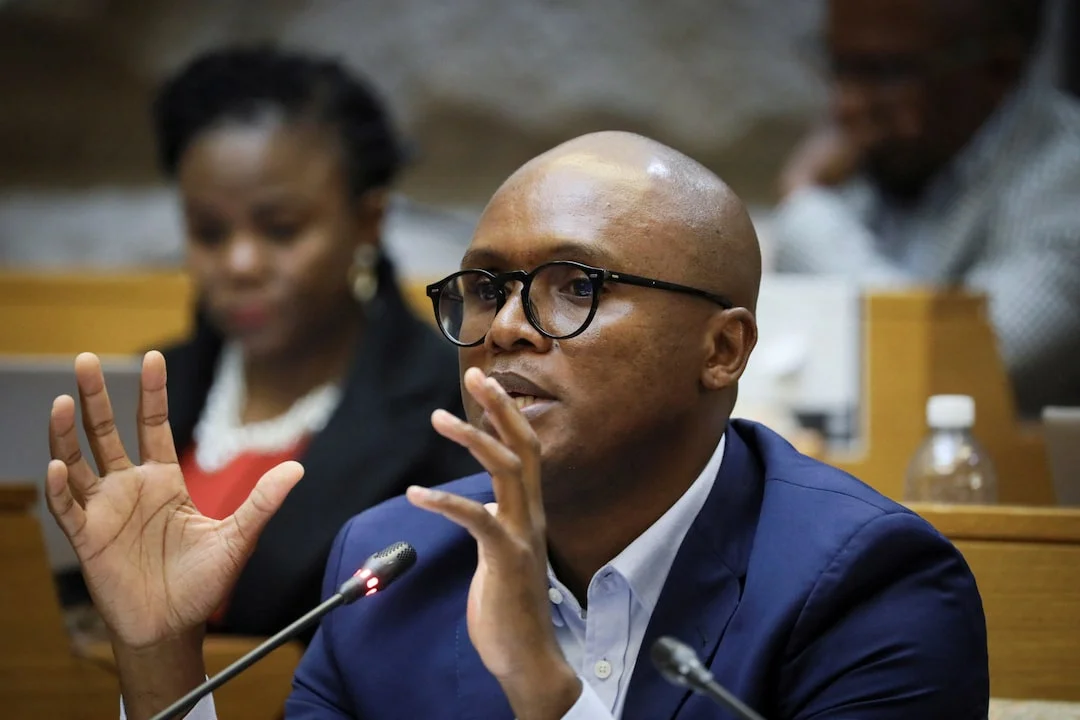
South Africa Stands Firm on Black Ownership Rules, Denies Favoring Musk’s Starlink
South Africa's Communications Minister, Solly Malatsi, has firmly denied any preferential treatment for Elon Musk's Starlink in bypassing the country's Black ownership requirements. This announcement comes amid criticism and speculation following recent policy changes and a meeting between South African President Cyril Ramaphosa and US President Donald Trump. The core issue revolves around South Africa's regulation requiring foreign companies holding communications licenses to sell 30% of their equity in local subsidiaries to historically disadvantaged groups.
The controversy intensified following a revision to the policy, suggesting that companies like Starlink could bypass this 30% equity rule by demonstrating equivalent investments in broadband and digital infrastructure. This sparked debate about whether the government was strategically opening the market to foreign players or undermining its economic empowerment agenda to accommodate Starlink.
Minister Malatsi addressed Parliament in Cape Town, refuting claims that the policy change was specifically designed for Starlink. He emphasized that the changes aim to foster competition and enable more operators to enter the market, asserting that the policy revision's timeline predates the meeting between Presidents Ramaphosa and Trump. "We are not attempting to open a special dispensation for Starlink or any other company or an individual," Malatsi stated, adding that the development of this policy direction commenced around September, independent of the recent Trump-Ramaphosa meeting.
Malatsi further clarified, "There is no conspiracy on our part with regard to this policy direction." He highlighted that all stakeholders, including industry players and the public, have a 30-day window to submit comments before the framework is finalized. This inclusive approach aims to ensure transparency and address concerns regarding economic empowerment.
Elon Musk, who was born in South Africa, has been a vocal critic of the Black ownership laws, stating that he has been unable to obtain a license in the country due to his race. South African authorities, however, maintain that Starlink has not yet submitted a formal application.
The situation remains complex, with South Africa balancing its commitment to economic empowerment with the desire to attract foreign investment and promote technological advancement. This case spotlights the challenges of navigating regulatory frameworks in a globalized economy.
What are your thoughts on South Africa's stance? Join the conversation and share your opinions in the comments below!